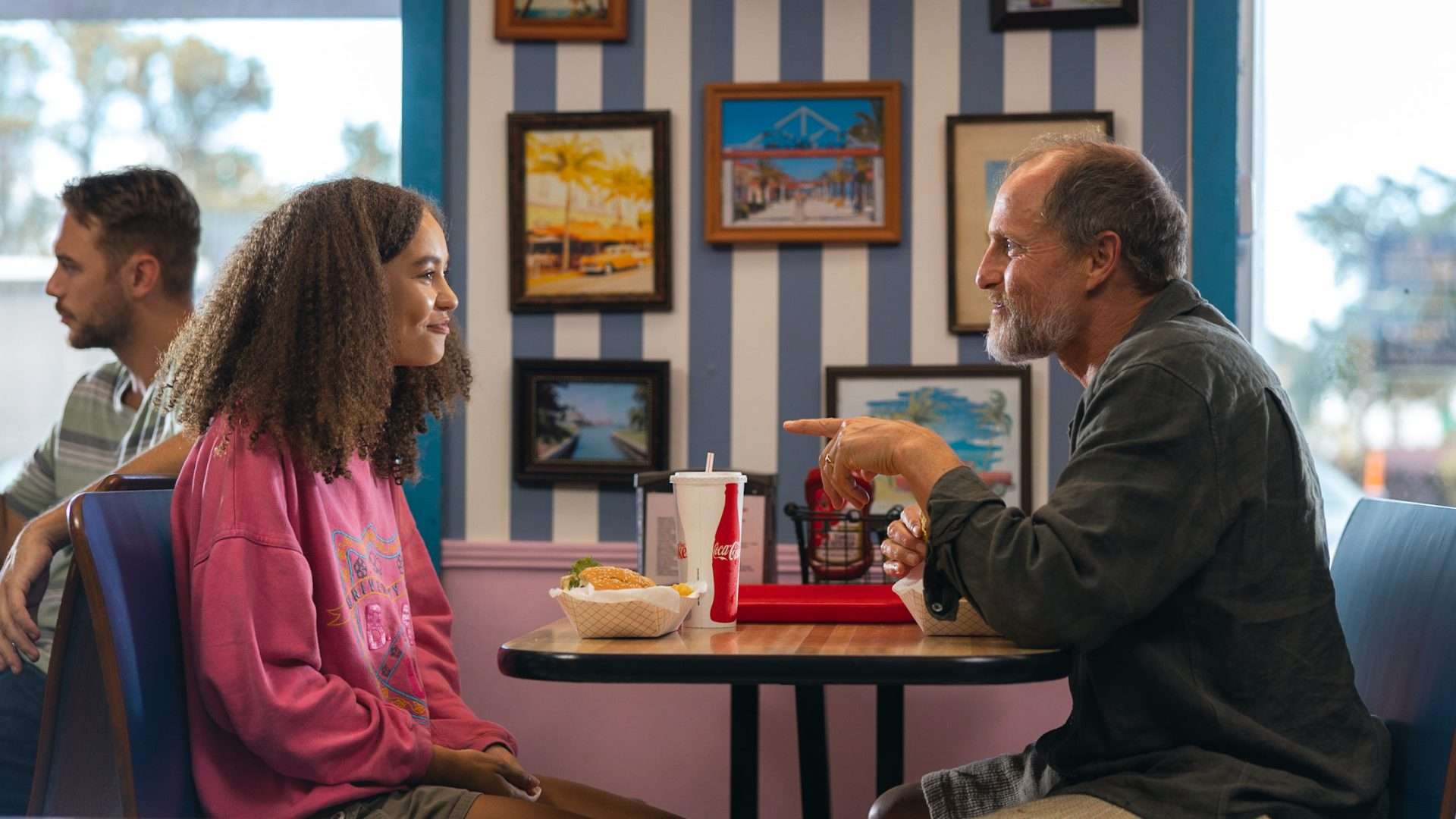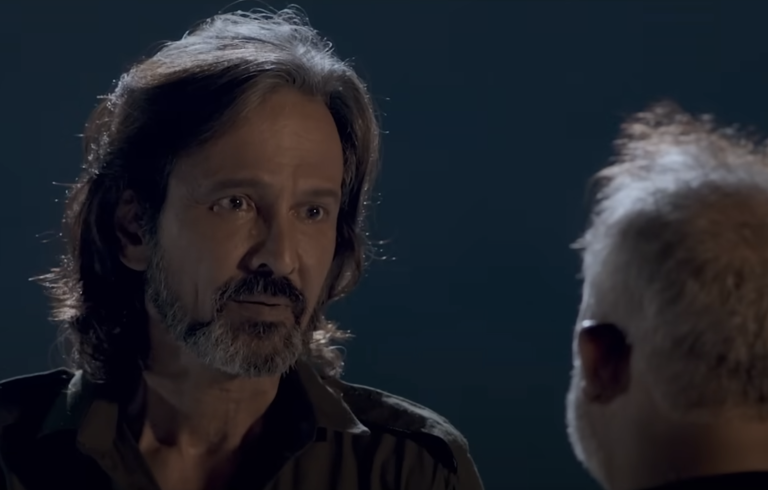Coming-of-age is a tricky genre when it comes to reinvention. If you watch a fair amount of such films, you can figure out their usual arc. These films mostly end with the protagonists discovering something about themselves, which leads to some sort of character growth. Although predictable, such films can be disarming or liberating for multiple reasons. Laura Chinn’s “Suncoast” shines due to a sense of charm and sensitivity in its delicate tale. That’s why this indie film feels surprisingly new and refreshing.
Written by Chinn herself, the script follows Doris (played by Nico Parker), a teenager who had to spend most of her life taking care of her unwell brother. Her mother – Kristine (played by Laura Linney), is so deeply concerned for her son’s health that she somewhat forgets to pay attention to Doris or her own emotional needs. The film tackles Doris’ struggle to make peace with this lack of warmth-filled parenting besides the lack of a regular teenage life.
Doris’ life largely revolves around the needs of the family over hers. It results in her lack of social skills that would have been obvious to anyone her age. She feels a mix of guilt and embarrassment through her constant dilemma. Should she be open about what is happening in her life with her classmates? Wouldn’t that be boring for them? After all, which teenager would want to talk about something morbid? She wonders. The film navigates her internal dialogue with a much-needed subtlety.
The script of “Suncoast” is neatly structured to present facets of Doris’ internal conflicts. On one side, we see her learn about ethics in her class – where Professor Ladd (played by Matt Walsh) expects his students to discuss the merits and demerits of concepts through the prisms of state and religion. While they examine hypothetical scenarios, Doris experiences them in person. Besides, she meets Paul Warren (played by Woody Harrelson), who is a grieving husband, an eccentric activist, and a devout religious guy.

Paul believes every life is precious, as the holy texts claim. Doris begs to differ, but not because she wants to be contrarian. Her reaction rather comes because of her lived-in experience. To her, prolonged discomfort does not seem justified. Through its casual dialogues, the script brings out this central, ethical core without any overt preachiness. The finest part about “Suncoast” is how it never resorts to any simple, pretty conclusion. Instead, it introduces these intriguing discussion-starters through its coming-of-age journey. That allows viewers to dwell upon its heavier themes without any rush.
The coming-of-age drama has the aforesaid caveat – we partly know how it would turn out. But it does not limit the film from being any less endearing. The sunlit brightness keeps it, visually, in a breezy, dramedy tone. The fresh yellows and blues are quite often used in contrast to the misery their lives are filled with. These contrasts do not cheapen the drama. It rather helps the film to be about a teenager who is as confused as any other teen would. The key difference is – her confusion is about something, much darker than other tales.
This fresh-looking presentation allows Doris to feel just as upset, angry, or rebellious as anyone else her age. The film takes into account the tender age she has to deal with the heavy stuff that people spend a big chunk of their lives without. So her reactions do not feel unjustified. “Suncoast” manages to convey her sense of irritation without dramatizing it. There are no loud and empty monologues. Instead, the confrontations, if any, feel organic and well-suited to the situations.
Speaking about the performances, Laura Linney and Woody Harrelson are exceptional, as expected of them. Harrelson has mastered the art of effortless performance, and his supportive arc feels as warm as Doris’ would feel. Linney portrays her audacious character without resorting to any cliches. Considering we see the film through Doris’ eyes, we hate Linney’s character. However, you sense her trusting her character’s reasoning for her behavior. It allows us to get a more rounded understanding of her character. As the lead, Nico Parker nails it while expressing Doris’ introverted self as she tries to process so much in so little.




![Varudu Kaavalenu [2022] Review: An Absolutely Unremarkable Rom-Com](https://79468c92.delivery.rocketcdn.me/wp-content/uploads/2022/01/Varudu-Kaavalenu-2-768x432.jpg)

![T for Taj Mahal [2019]: ‘Jagran Film Festival’ Review – A Sisyphean struggle to provide education](https://79468c92.delivery.rocketcdn.me/wp-content/uploads/2019/09/T-For-Tajmahal-768x403.jpg)

